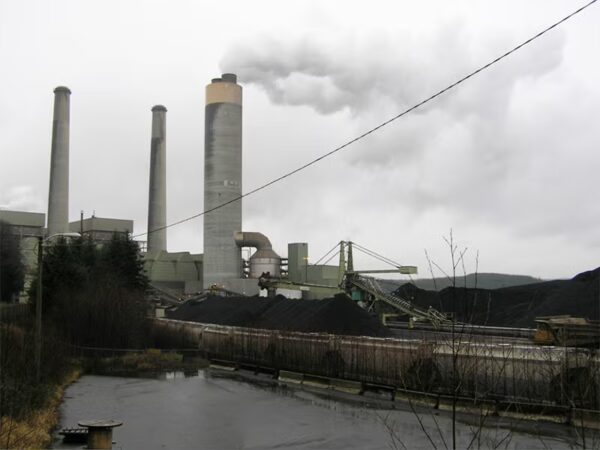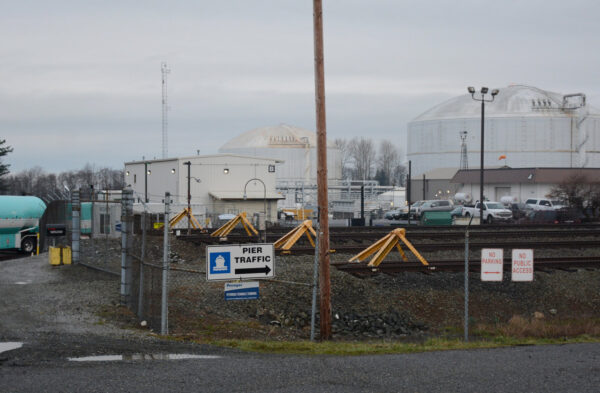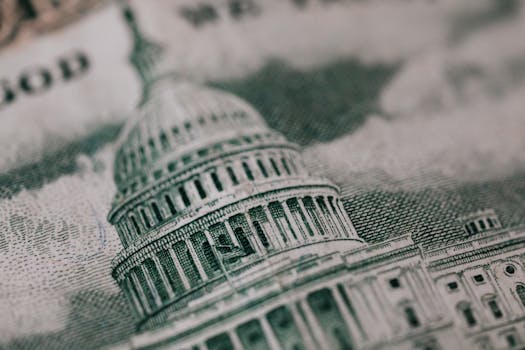OLYMPIA, WA — The state Senate Ways & Means Committee advanced a Clean Fuel Standard today, delivering the bill to the brink of a Senate floor vote. This is the closest the policy has come to becoming law in three years of consideration by the Legislature, with a majority of the House of Representatives approving the bill each time. A broad and deep statewide coalition combined with the Legislature’s sharpened focus on addressing the climate and public-health crises Washington faces has driven even more momentum behind HB 1091 this session.
Highlighting the impacts of climate change and pollution on human health, including increased likelihood of complications from COVID-19 and wildfire-driven “smoke seasons” now happening statewide each summer, several doctors and healthcare professionals spoke in favor of the policy during public hearings on HB 1091 last month.
“Diesel exhaust is a globally recognized carcinogen, responsible for 70% of cancers caused by air pollution,” explained Robyn Rothman, leader of Washington’s Health Care Climate Alliance, which represents seven health care systems and 40 hospitals. “Multiple studies have confirmed that long-term exposure to air pollution increases the severity and risk of death from COVID-19. Washington is already experiencing the consequences of climate change and their health effects, from increased asthma and allergy problems to heat-related illnesses, smoke pollution and mental health stress.”
The Clean Fuel Standard cuts air pollution by requiring cleaner transportation fuels to power vehicles, and invests in communities most impacted by transportation pollution.
“This is not just an issue of carbon emissions,” said Tacoma resident Robert Britten, also testifying at the March 10 hearing. “For many of us in marginalized communities, it’s a matter of life and death.”
Britten referred to the disparate impact that pollution from transportation fuels and other sources has on the health of communities of color across the state, illustrated by tools such as the Department of Health’s Environmental Health Disparities Map. Communities along the I-5 corridor as well as in Spokane, Kennewick and Yakima show especially high risk and health burden from transportation pollution.
Under a Clean Fuel Standard, producers of dirty fuels would either have to reduce the concentration of harmful pollutants in their products or invest in cleaner, low-carbon options like sustainable biofuels or electricity. Several refineries in Washington already produce renewable biofuels, but most of these fuels are shipped to Oregon, California and British Columbia, where Clean Fuel Standards are in place.
“There is significant opportunity for bioenergy fuels in every corner of our state,” explained Jan Allen, president of Impact Bioenergy, during a March 27 hearing. He told committee members that the Legislature’s “support of HB 1091 will unlock millions of dollars in opportunity for businesses while simultaneously improving overall air quality. We can build carbon-neutral economies in every community in Washington.”
Advocates and legislative champions are now urging Senate leadership to bring HB 1091 to the floor for a vote as the Legislature enters the final weeks of the 2021 session. Some key provisions of the bill were weakened in the version that passed committee; there will be further work on necessary floor amendments to strengthen the bill before it reaches the Governor Inslee’s desk.
The list of supporters continues to grow, with Amazon, the state’s largest employer, recently adding its support, along with restaurants around the region — many of which are partnering with biofuels producers to recycle their used cooking oil into sustainable, low-carbon fuels. Notably, the Alliance for Automotive Innovation, which represents the manufacturers of 99% of the new cars and light trucks sold in the U.S., testified in support of HB 1091 as well. The coalition’s broad range of voices includes unions like IBEW, UFCW 21, medical professionals and health associations including the Washington Health Care Climate Alliance, the Port of Seattle and Northwest Seaport Alliance, King County Metro Transit, Tacoma Power, ChargePoint, the Electric Vehicle Charging Association, Neste, Generate Capital and many others.
Also today health professionals, led by Washington Physicians for Social Responsibility and supported by the Clean Fuels Now coalition, showcased their support of the policy in a new ad campaign in several key pollution corridors.
Requiring cleaner fuels and electricity for transportation is a necessary component of meeting Washington’s updated carbon emissions reduction targets, set into law by the Legislature last year. A Clean Fuel Standard is the baseline for creating pathways toward cleaner transportation options, such as expanded electric vehicle infrastructure, electric vehicle car sharing programs, and investments in renewable sustainable biodiesel and renewable (not fossil) bio-gas.
In addition to HB 1091, the Legislature is considering several critical complementary policies this session to address climate change including cutting pollution from the building sector, clean and just ways to fund transportation, prioritizing environmental justice (HEAL Act) and investing in a just recovery. Because the Legislature took no meaningful action last year to make major cuts to pollution, the imperative to cut emissions from several sectors is more urgent than ever.
###
FACT CHECKS: Resources are available for countering confusing information, including misinformation on costs and the program in California.
ABOUT THE CLEAN FUELS COALITION
Hundreds of organizations, local elected officials and jurisdictions, health associations and hospitals, small businesses, unions and advocacy groups support clean fuels and have been working for several years to see the solution come to Washington. Many supporters also have a presence in Oregon, where the policy has been law for years and where Gov. Kate Brown doubled the standard in 2020. @cleanfuelswork cleanfuelswork.org
ABOUT THE ENVIRONMENTAL PRIORITIES COALITION
The Environmental Priorities Coalition is a network of over twenty leading environmental groups in Washington state that influence policy at the state level. For over a decade, the Coalition has selected joint priority issues to work on during the legislative session to help focus environmental community resources and best achieve our shared goals. @epctweets environmentalpriorities.org
Your tax-deductible donation ensures a sustainable future.


